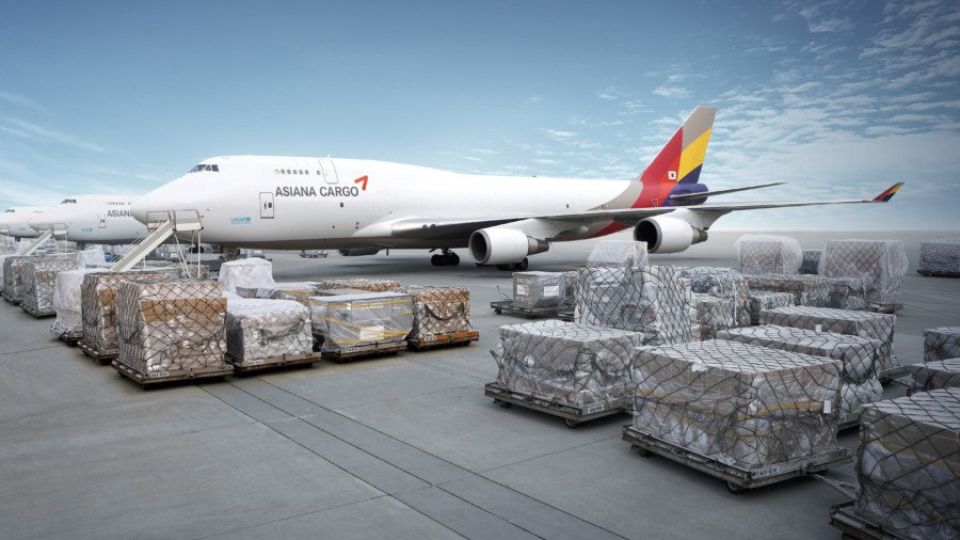October 10, 2023
SEOUL – Asiana Airlines is expected to discuss selling its cargo business as part of Korean Air’s new merger plan, which is facing antitrust concerns in Europe, according to industry sources, Sunday.
Sources said the agenda is highly likely to be discussed at a board meeting at the end of the month.
Asiana Airlines’ potential disposal of its cargo business comes as Korean Air plans to submit an amended merger plan with the smaller rival to the European Commission later this month.
The European regulator rejected the original merger plan, claiming that the merger could reduce competition for cargo and passenger transport services between Europe and South Korea.
Asiana Airlines’ potential decision to get rid of its cargo business could also help Korean Air win conditional approval from the US and Japan, too. So far, Korean Air submitted documents to antitrust regulators in 14 countries and won approval from 11 countries, except from the European Union, the US and Japan.
Asiana Airlines remained mum over the issue, noting that nothing has been decided on the upcoming board meeting or its agenda. But sources predicted that the meeting would take place in the coming weeks before the deadline for Korean Air to submit its new merger plan.
Whether Asiana Airlines’ board will approve of selling its cargo business, however, is still unclear.
It has been reported that some board members have different opinions on selling its lucrative cargo business, which accounted for 21.7 percent of the company’s total sales during the first half of this year.
The board members who agree with selling the cargo business appear to be prioritizing the merger with Korean Air to mitigate against an impending financial crisis, while other members argue that selling the cargo business could lower the company’s value and potentially result in a breach of trust.
Asiana Airlines’ union has also publicly expressed concern over the disposal of its cargo business.
Meanwhile, Korean Air is currently expected to submit its revised proposal to the EC, which will include yielding four of its routes between Korea and Europe — likely between Incheon and Paris, Frankfurt, Rome and Barcelona.
Korean Air may also consider handing the cargo business and lucrative Korea-Europe routes to domestic low-cost carriers to retain the country’s overall competitiveness in the aviation industry.


